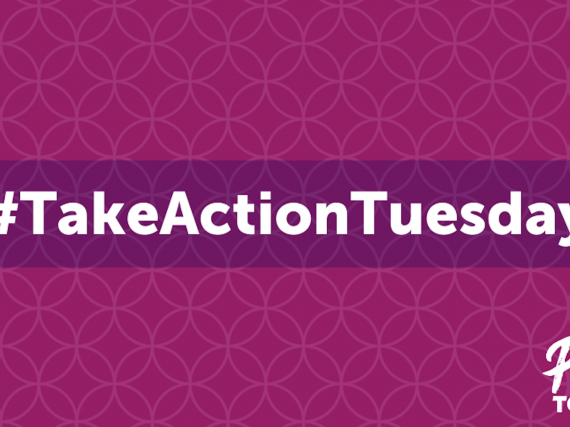May is National Sex Ed for All Month
Celebrated each May since 2019, Sex Ed For All Month is an opportunity to urge schools and communities across the United States to invest in sex education that is more than risk reduction and disease prevention. Young people—regardless of who they are or where they live—deserve sex education that promotes healthy relationships and positive health outcomes.
We can all do our part. Parents, guardians, teachers, community leaders, and advocates can call for school boards, parent-teacher associations, and lawmakers to support sex education programs that promote critical thinking, communication, decision-making, consent, self-esteem, and self-efficacy.
The vast majority of Republicans and Democrats agree that sex education covering a wide range of topics should be part of school curriculum. Elementary sex education includes discussions on consent, setting boundaries, understanding our bodies, and the variety of ways families are formed. Conversations for middle schoolers are centered on puberty, healthy peer relationships, anti-bullying, and media literacy skills to support a healthy body image. At the high school level, sex education focuses on birth control, safe sex, communication skills, and supporting positive ideas about sex, gender, and race.
Since 2019, May has been recognized as Sex Ed for All Month, as part of a national effort spearheaded by a coalition of sexual and reproductive health, rights, and justice organizations committed to ensuring equitable and accessible sex education for all young people. National activities are coordinated by the Sex Education Collaborative—representing 22 national, regional, and state-based organizations with extensive experience training educators to deliver school-based sex education—in collaboration with the federal Sex Education Coalition, as well as other national and regional partners.
Get involved this month by telling us why you believe in Sex Ed for All by following and using the hashtag #SexEdForAll on social media.



